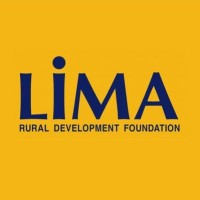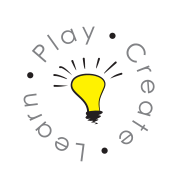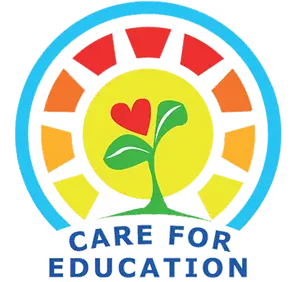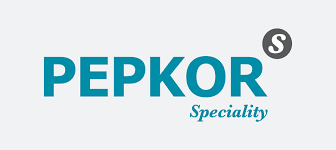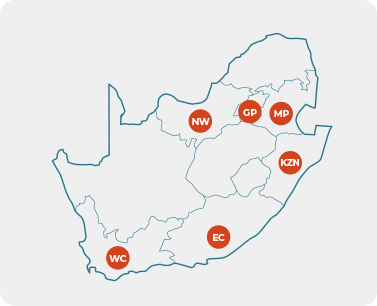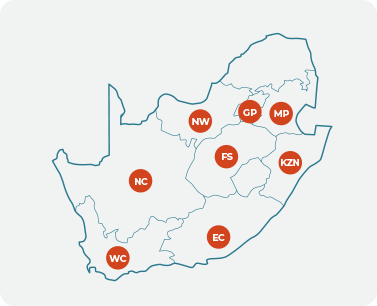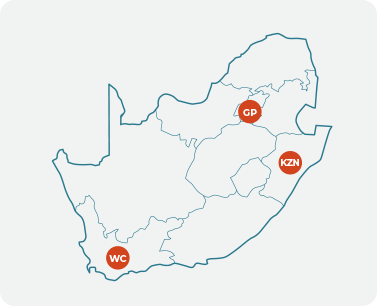
The legacy of apartheid has left South Africa’s young children at extreme risk. Research shows 60% of children under 6 live in poverty; 12% experience hunger and 27% under 5 are stunted through chronic malnutrition.
Stunting (short height for age) is proxy for poor cognitive development and, at age 2, is the single best predictor of an adult’s economic potential. Scientific evidence proves that the first few years are the most important in a child’s life. In fact, 90% of brain growth and development takes place between conception and the age of 5. If we want to arrest the poverty cycle and give children back the future they deserve, we need to #DoMore to ensure that those at risk have access to proper nutrition, stimulation and attachment as three critical elements to ensure their optimal development and growth. Our national young child programmes therefore focus on bringing these elements to life through several nutrition, early learning and parenting support-focused interventions.
NUTRITION
Poor nutrition has a substantial negative impact on a child's brain development before the age of five, depriving them of the ability to reach their full potential, thrive in school, and contribute to society. Nationally, there has been no change in the prevalence of stunting for the last two decades and the latest General Household Survey (GHS) data showed that at least 2.5 million children experienced hunger and lived below the food poverty line. Child mortality audits also show that almost a third of children who die are severely malnourished (Bamford et al., 2018). As if this is not enough of a reason to invest in nutrition, The Global Nutrition Report of 2014 estimated a return of R16 for every R1 invested in nutrition interventions for all age groups (SA Child Gauge, 2020: 26). The benefits of interventions focusing on young children are likely to exceed this.
The DO MORE FOUNDATION’s national nutrition programme provides thousands of Early Childhood Development programmes (including ECD Centres and playgroups) with a carefully formulated DoMore porridge every month. Working through a select group of non-profit ECD organisations to ensure we reach young children in targeted communities, we have a unique opportunity with our founding partner, RCL FOOD’s, to manufacture and distribute tons of DoMore porridge to children who often rely on this meal as their only one of the day. This porridge was formulated using the expertise of a Public Health and Nutrition consultant to ensure the product meets the nutritional needs of young children aged 3 – 5 years.
In addition, the Foundation manages the distribution of RCL FOODS’ short-dated stock to multiple non-profit organisations – including FoodForward and SA Harvest – to support various vulnerable groups across the country. The Foundation also brings the component of nutrition education to this intervention. through the Young Child Forums and our EAT LOVE PLAY TALK programme, we are working with partners to improve awareness among parents and practitioners on the importance of nutrition for healthy child development. This, together with supporting an increase in the number of food gardens at ECD facilities and households, has led to improved food choices among parents and practitioners. Awareness and nutrition knowledge is vital to support the nutritional and health needs of young children.
We are able to achieve greater impact through a collaborative distribution network to reach more ECD programmes. By giving young children the nutrition, they need, we are investing in their future!
Current partners
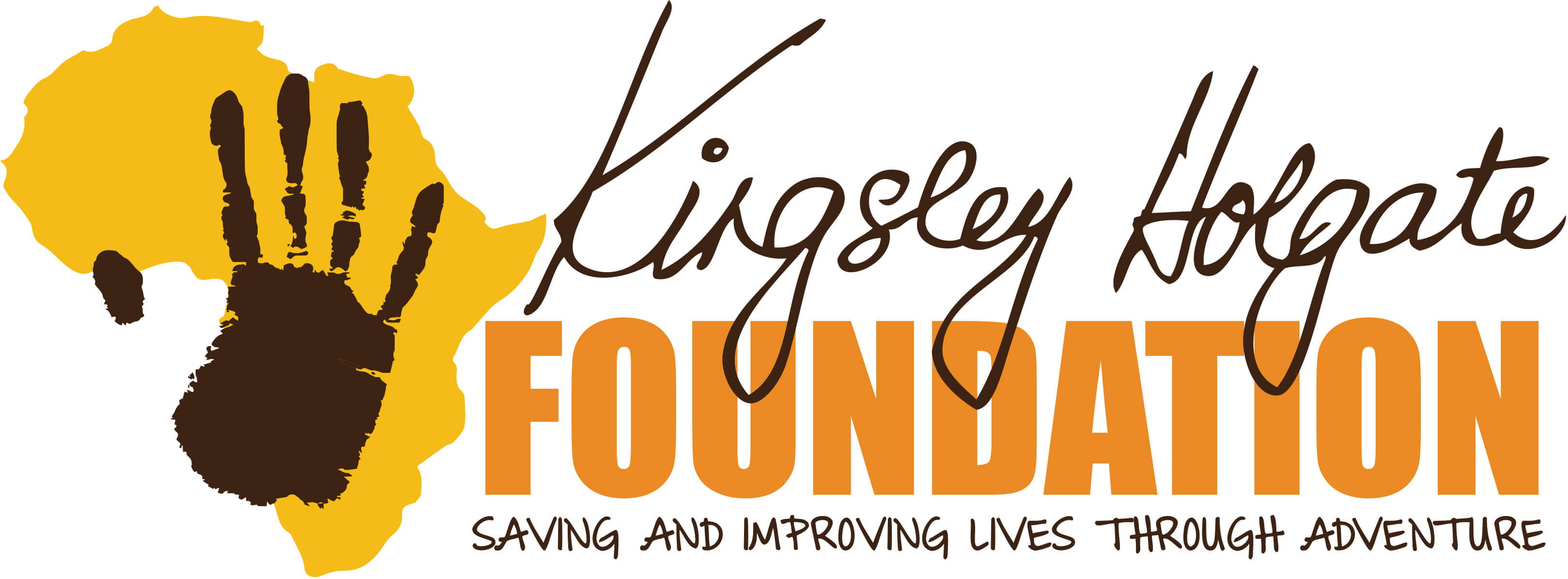
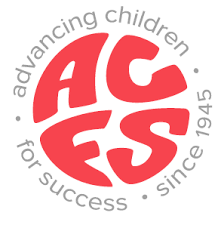
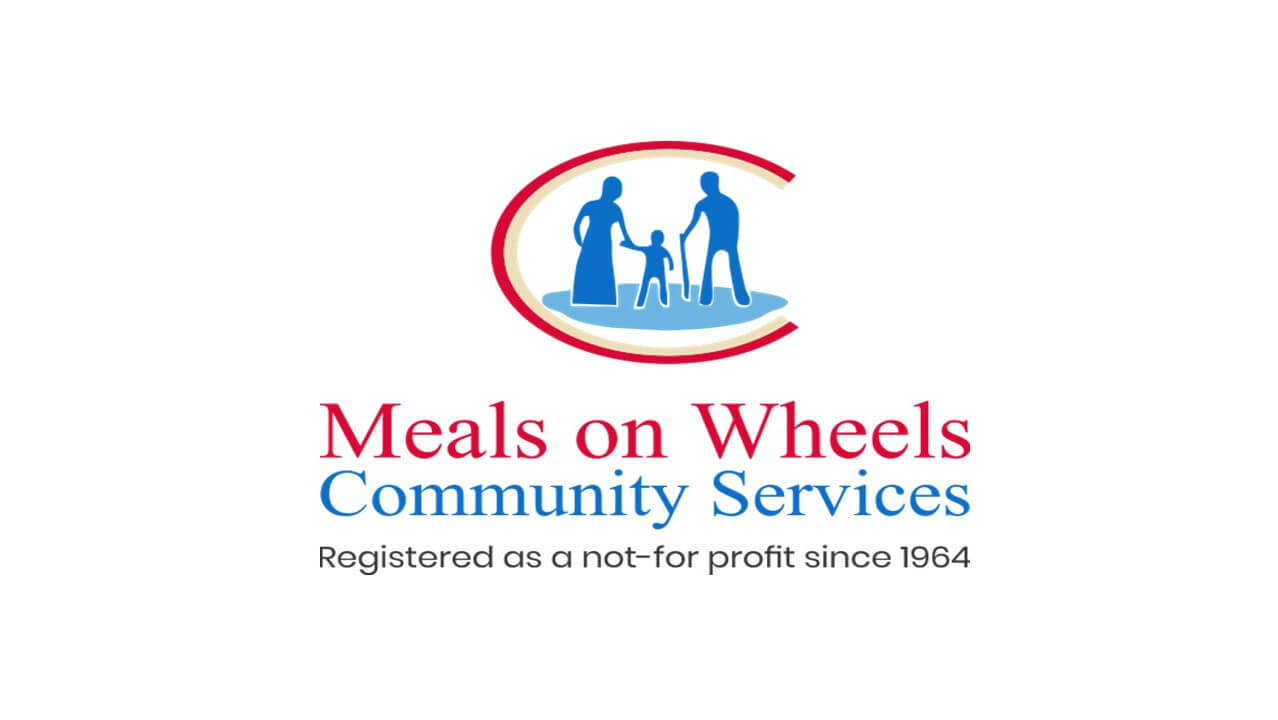



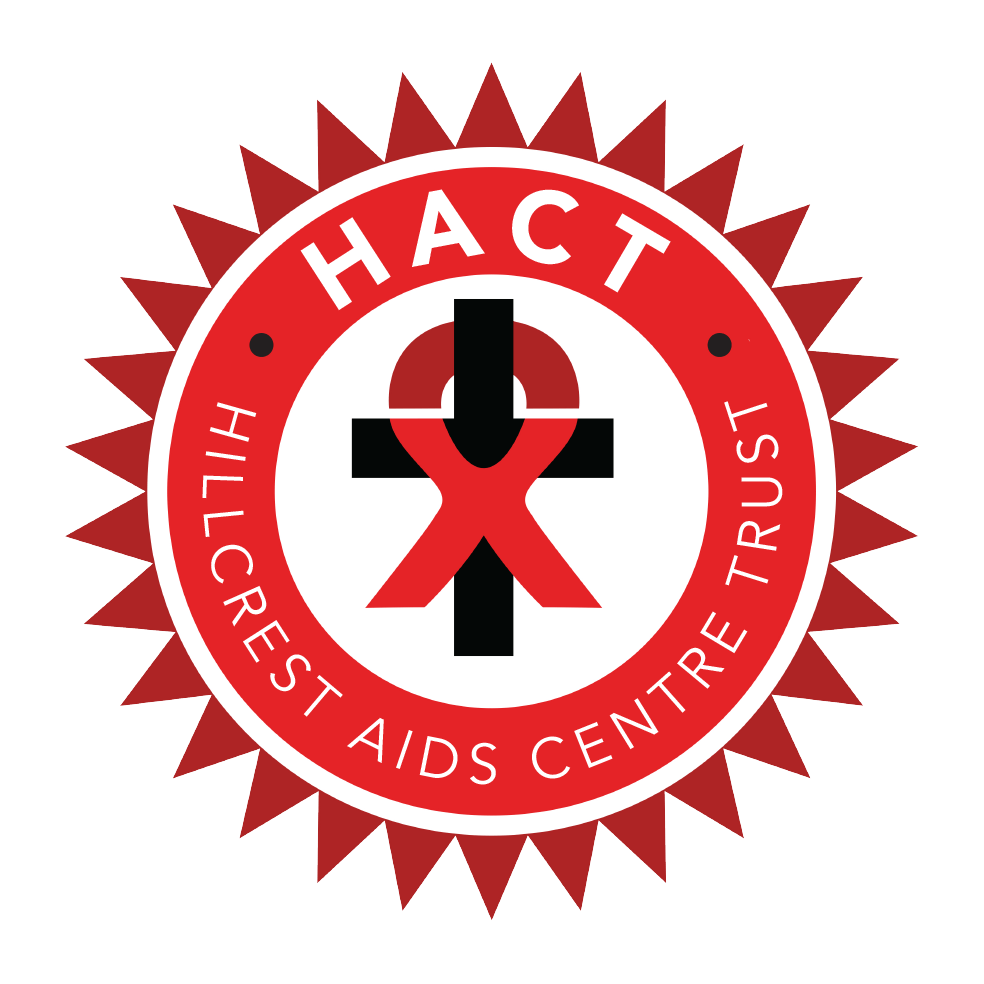
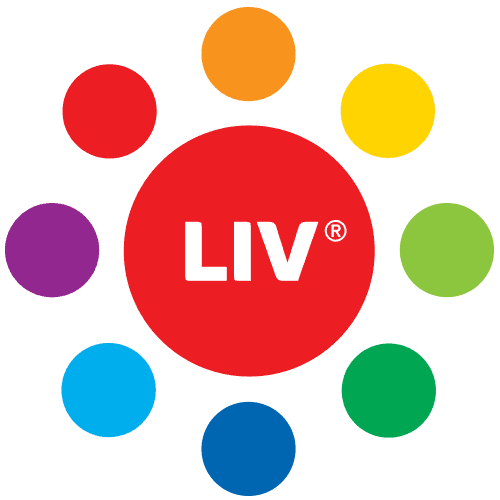

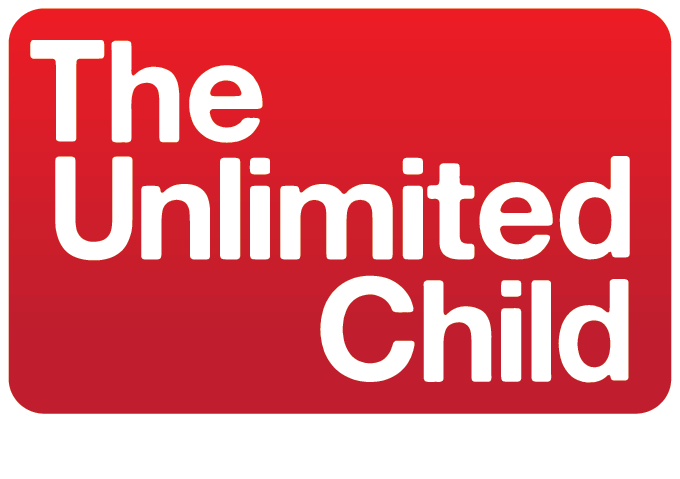
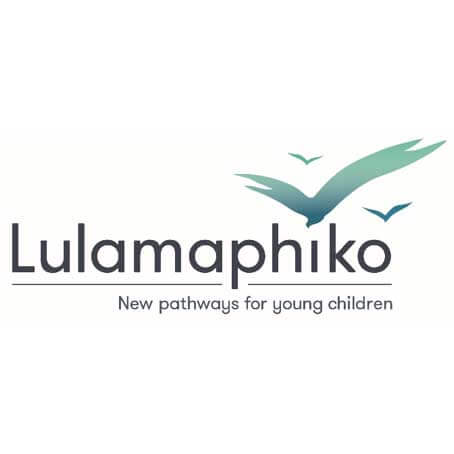

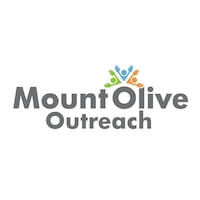

.png)
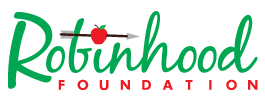
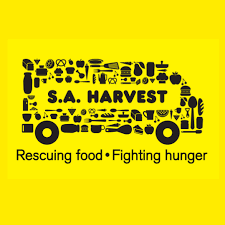
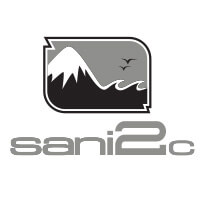
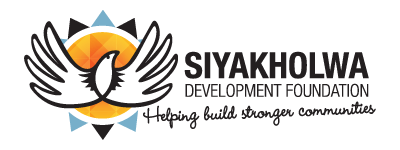
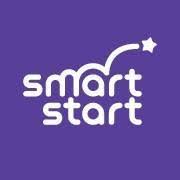
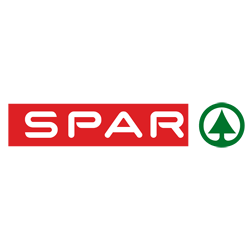


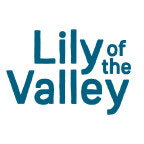
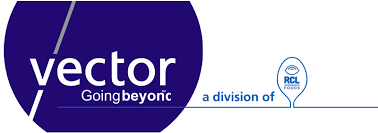
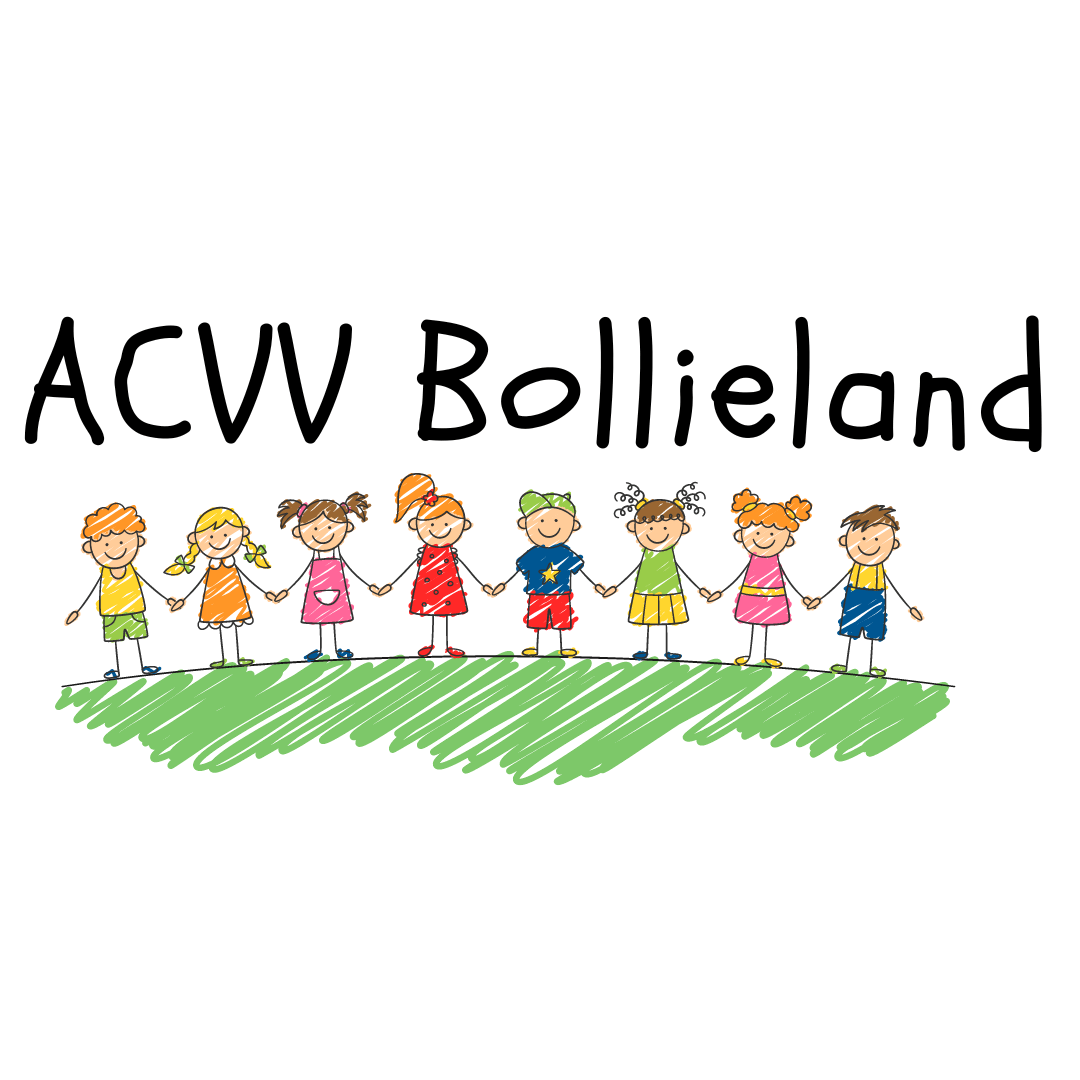
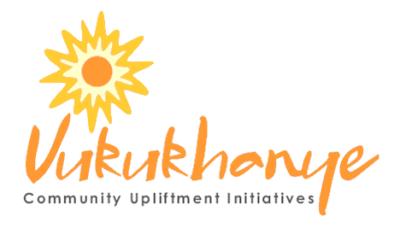
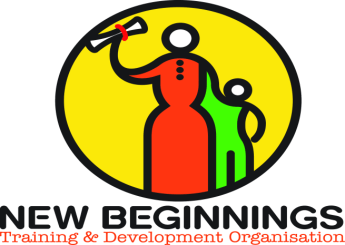
EARLY LEARNING – REPURPOSE FOR PURPOSE (R4P)
The Repurpose for Purpose (R4P) project focuses on addressing a skills gap that has existed in the Early Childhood Development (ECD) space for years. We are talking about cognitive development skills – the skills that have been consistently identified as weak in the national Early Learning Outcomes Measurement survey in South Africa. Without these essential skills, young children are entering formal schooling at a distinct disadvantage. This can be clearly seen in South Africa’s dismal performance in global studies of scholars’ literacy and numeracy performance at certain ages, including the distressing result that 78% of our children cannot read for meaning by the end of Grade 4. In addition, it is well known that most ECD practitioners, especially those serving our most vulnerable young children, do not have access to resources that promote cognitive development or the knowledge and skills to provide such activities in their early learning programmes.
R4P produces free, high-quality early learning resources directed at cognitive development. These resources have been designed to support Early Learning and Development Areas in the National Curriculum Framework for Early Childhood Development (ECD). In collaboration with a group of brilliant Resource and Training Organisations (RTOs) who hold membership with the National ECD Alliance (NECDA), we ensure introductory and ongoing training is provided to adults using the resources in different environments (i.e. ECD centres, playgroups, toy libraries and home visiting programmes). This training is provided by our distribution partners (RTOs) and is supported through the Repurpose for Purpose playbooks and e-learning materials whose development was recently funded by Innovation Edge (another essential R4P partner).
The most essential part of this programme is Barrows Global’s role – especially around the points of sustainability and being able to provide these resources completely free! One of the most popular products manufactured by Barrows is the temporary display unit constructed from corrugated board. When these temporary display units are printed for brands across the world, there is often blank white space remaining, which are areas of the cardboard or paper not covered in advertising artwork. This is referred to as Excess Business Inventory (EBI). It is not necessarily waste, but it would be discarded if not used creatively. It is on this white space that thousands of R4P resources are printed every month, adding to the ongoing production and distribution to young children across the country. These materials are then distributed pro bono by City Logistics and stored at local depots across South Africa (also pro bono) by Barrows Tradereach.
Current partners
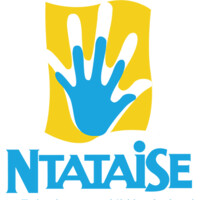





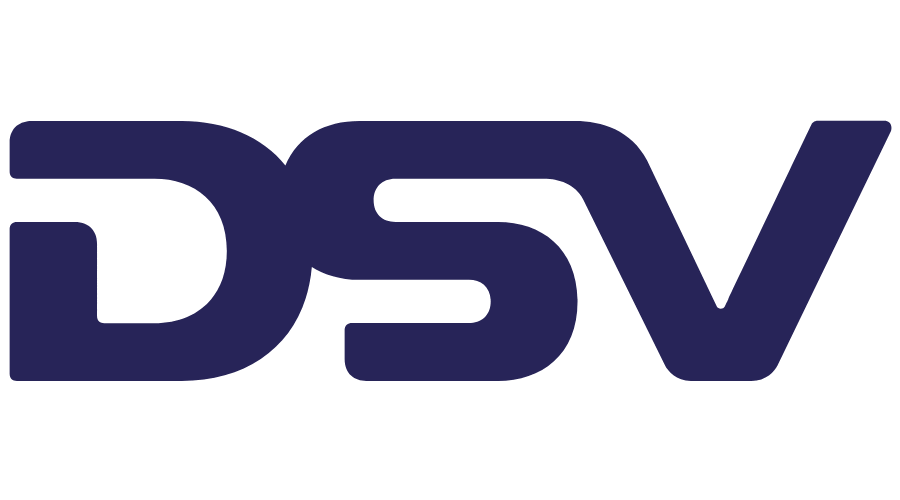
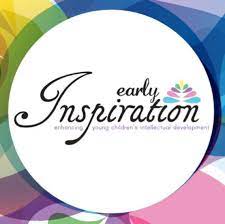

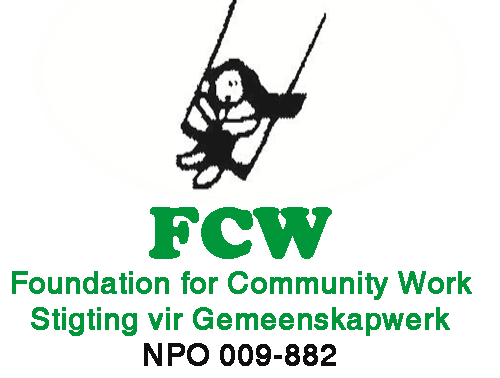

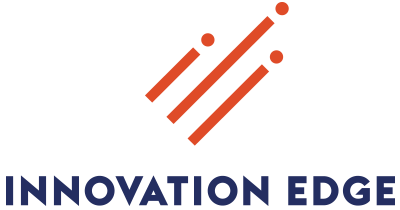



.png)

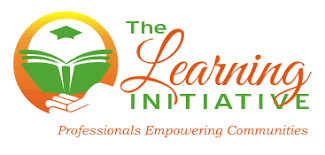


PARENTING SUPPORT - EAT LOVE PLAY TALK
The South African-based EAT LOVE PLAY TALK Parent Education Programme has been developed for Early Childhood Development (ECD) principals, practitioners and playgroup facilitators to engage in conversations and activities with parents and caregivers of children up to 5 years of age on the themes of:
- healthy eating
- building loving relationships
- playful learning
- language development
This light touch programme uses the trainer approach with local communities to see the sustainable development goals of both education and nutrition. Developed by the DO MORE FOUNDATION and key experts, this community-based programme packages public health messaging in an interactive and non-didactic way to empower caregivers/parents around making small habit changes and healthier nutrition choices for their young children and families. We use a train-the-trainer model to equip ECD principals with skills and knowledge to facilitate parent workshops and tackle the important topics of nutrition, attachment and stimulation.
Working hand in hand with Early Childhood Development (ECD) centres, ECD workers are trained on key messaging and facilitation skills to bring this programme to the caregivers/parents of the young children attending their centre. This is delivered to parents monthly via a seven-session “light-touch” programme using carefully designed playbooks, session guides and incentives/resources that promote the behaviour change we aim to encourage during the sessions. The sessions include opportunities for participants to share what they know from their own experiences and to gain new information which is based on guidelines provided by the Department of Health and nutritional researchers.
Taking into consideration the constraints of the target population, this programme is filled with clever, culturally appropriate and colourful ideas to bring about more eating, loving, playing and talking in South African homes where young children live. The EAT LOVE PLAY TALK sessions have been developed for ECD principals, practitioners and playgroup facilitators to engage in conversations and activities with parents and caregivers of children up to 5 years of age on the themes of healthy eating, building loving relationships, playful learning and language development.
Through the sessions that are run at their ECD centres in communities every month, we are building the capacity of ECD principals and practitioners as the facilitators. We have seen the programme awaken parents’ imagination to what is possible, where they are and with what they have, resulting in: parents/caregivers making small habit changes; making the healthiest nutrition choices possible for their young children within the constraints of their context; and better understanding of what they can do to set their young children up for success which the basics of EAT LOVE PLAY and TALK. We aim to scale through implementing partners and other training opportunities with NGOs who would like to run nutrition education courses with caregivers.
Current partners
.png)

